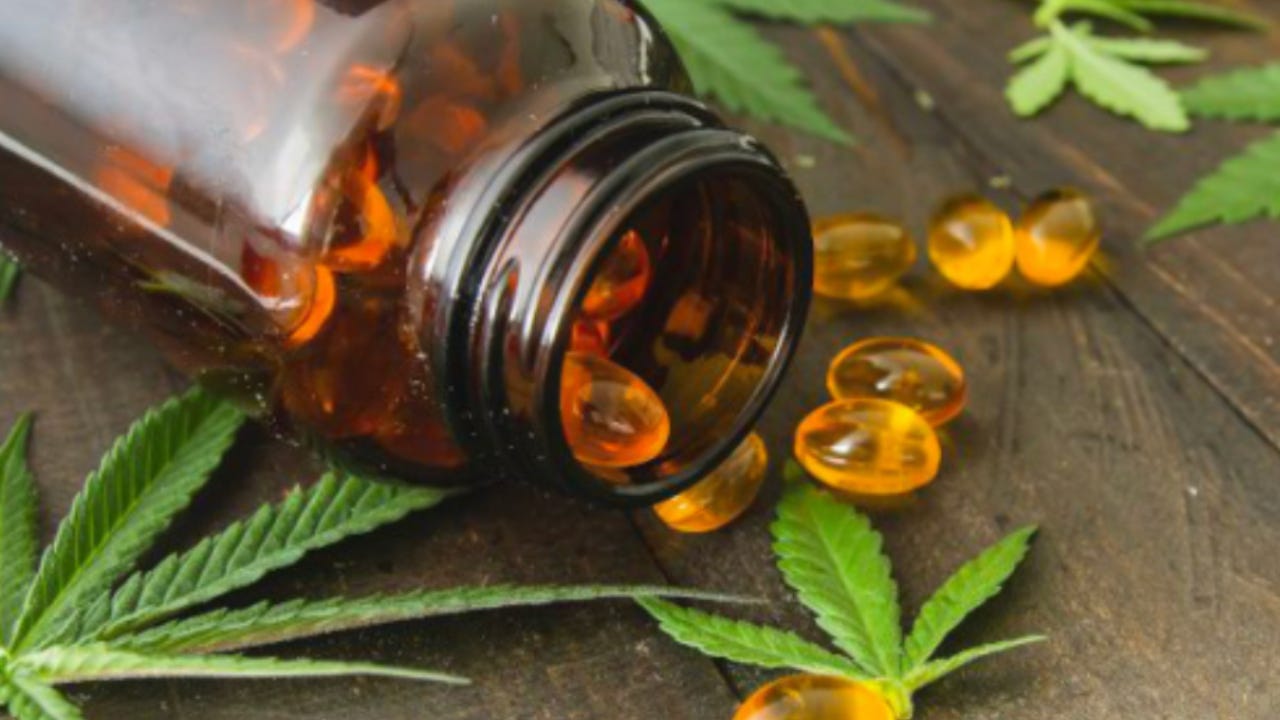Rand Paul Fights for Epilepsy Patients by Fighting the Hemp Ban
The government reopening bill also killed an entire industry for no particular reason. #52
Only a few days left to get 40%!!
Have an amazing Thanksgiving with family and friends!
Kentucky’s Grant Short writes, “I’m an epileptic and have intractable epilepsy, meaning that pharmaceutical medicine has not worked to stop my seizures. They’re basically wanting me to go to brain surgery.”
Terrible. Short continued, “In the meantime, I have found that CBD and hemp products control my seizures about 80% better than pharmaceuticals…”
Yet now, Short is scared. He writes, “As I went to bed on the night of Nov. 12, I was horrified to find out, as an epileptic, that the bill to reopen the government contained a secret amendment that Sen. Mitch McConnell added at the last second. This amendment to the bill will kill the hemp industry.”
Grant Short is a Democrat who ran against Republican Senator Rand Paul in the 2016 Kentucky elections.
Still, he’s now grateful to Paul.
“Sen. Rand Paul tried to stop this bill at the last second and voted against it,” Short wrote. “I am incredibly grateful for t…




